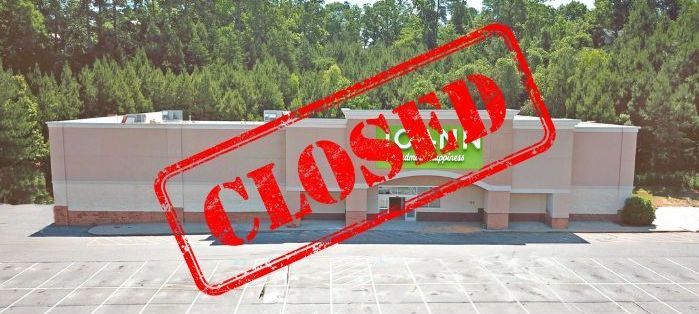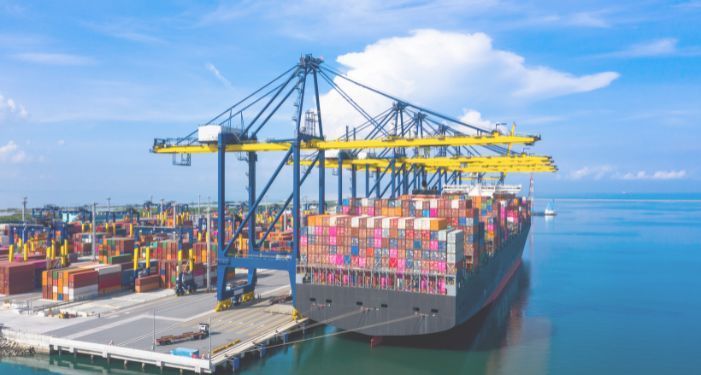How are Tariffs Affecting Commercial Real Estate
Take a closer look at how tariffs are affecting commercial real estate and how to prepare your property or portfolio.

Ongoing trade disputes have dominated headlines in recent months, potentially reshaping key industries such as steel, lumber, and manufactured goods. While much of the discussion focuses on business costs and consumer pricing, the impact extends far beyond those sectors.
Developers Should Anticipate Higher Costs and Delays
Tariffs on essential building materials like steel, aluminum, and lumber are driving up development costs. As a result, new construction projects may face delays or become less financially viable. Developers should explore alternative material sources and negotiate supplier contracts now to offset price increases in the coming months. Anticipate delays and extend project timelines now to avoid missing deadlines and risking potential penalties.
Existing Property Owners Should Re-evaluate
For those who already own commercial properties, rising construction costs could work in their favor. With new developments becoming more expensive, existing buildings may see increased demand, helping stabilize or even boost occupancy rates—particularly in secondary markets. Current property owners should take a strategic approach to tenant negotiations:
- Evaluate Tenant Improvement Requests – Carefully assess the return on investment before committing to costly build-outs.
- Review Current Lease Rates – Rising replacement costs and higher demand may justify increasing lease rates in your market.
- Switch to NNN Leases-Implementing NNN (triple net) leases allows property owners to recover escalating expenses such as taxes, insurance, repairs, and maintenance.
- Optimize Space Utilization – Maximizing a property’s highest and best use will be crucial. In some cases, dividing larger spaces into smaller, more flexible units could attract a wider pool of tenants.
Opportunities for Investors
As development costs rise in major cities, investors should consider expanding their focus to secondary and tertiary markets, where assets may offer better returns and lower barriers to entry. Additionally, exploring asset types that are more resilient to economic fluctuations—such as industrial properties and essential retail—can balance out a portfolio in uncertain conditions.
Investors may want to prioritize properties with strong cash flow and implement long-term debt strategies to mitigate interest rate risk and maintain financial stability.







